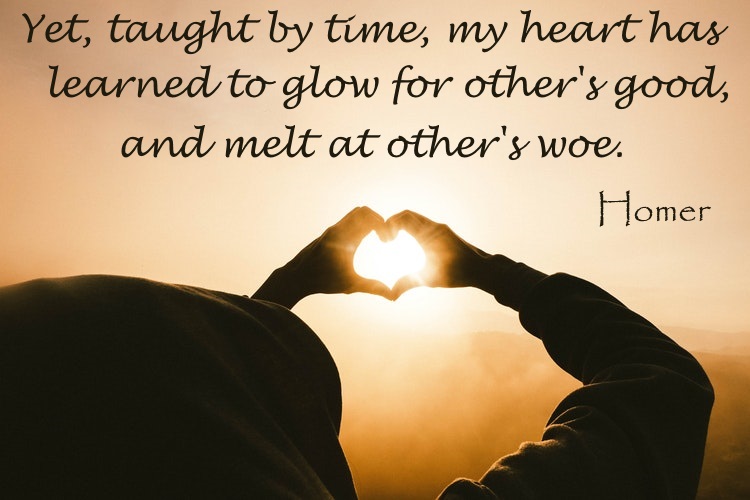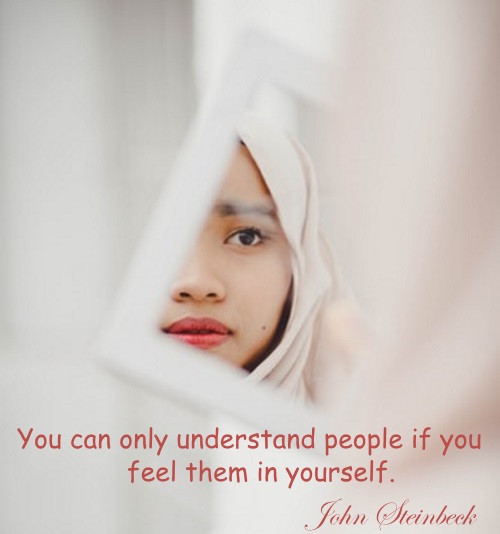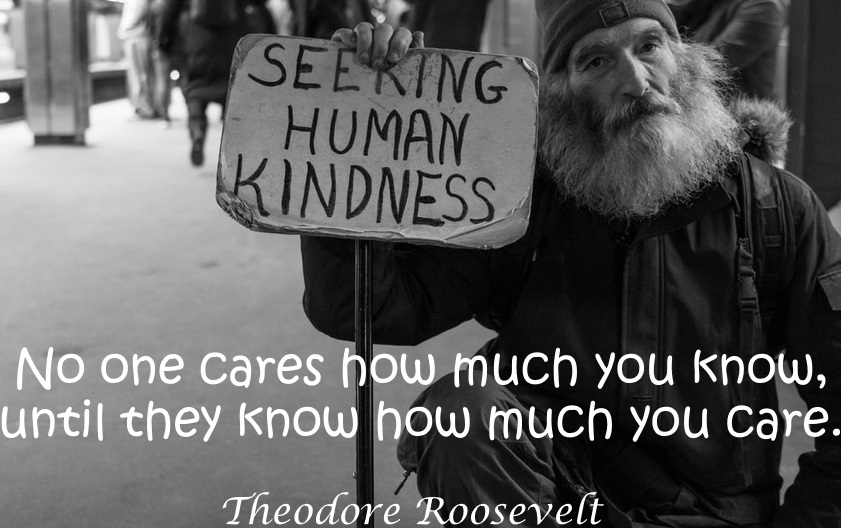
I never truly grasped the importance of empathy until I used it with people I didn’t like…OK, that I hated. It’s easy to sympathize with a friend. Got dumped? Yup, I know how you feel, my friend. Don’t get along with your parents? I’m with you, buddy. Life stressing you out? Preach. Love picking on people who are weaker than you? Enjoy making fun of smart people? Like the feeling you get when you insult someone to the point of tears, with your friends cheering you on? Nope, I can’t relate. I couldn’t empathize with the bullies in my high school. How could anyone possibly take pleasure in hurting others? Yet now, years later, I can understand them. Popularity is precarious. When someone is desperate to fit in, to be liked, to be accepted, to feel like they belong, they may stoop to pretty much anything. My bullies had an intense need for approval. They hungered for it. And I know for a fact that at least some of them came from oppressive, abusive, and miserable homes.
It’s really hard to identify any life situation that would not benefit from empathy. Consoling a grieving friend requires empathy. Comforting a scared child requires empathy. Being patient with a flustered cashier requires empathy (as a former cashier, I feel for you!). Helping a stranger, getting along with your friends and colleagues, saving an animal, and compromising with your worst enemy all require empathy. But this powerful, unassuming trait does more than benefit our relationship with others. Research we conducted at Queendom indicates that empathy is not just personable, it’s personal.
Collecting data from 9,234 people who took our Emotional Intelligence Test, we compared the scores of empathetic and non-empathetic people on various interpersonal (dealing with others) and intrapersonal (dealing with self) competencies. The differences were jaw-dropping:
(Note: Mean scores range on a scale from 0 to 100).

Interpersonal Traits/Skills
Ability to read body language
- Score for Empathetic group: 82
- Score for Non-empathetic group: 39
Social Insight
- Score for Empathetic group: 83
- Score for Non-empathetic group: 30
Social Skills
- Score for Empathetic group: 70
- Score for Non-empathetic group: 51
Conflict-Resolution Skills
- Score for Empathetic group: 76
- Score for Non-empathetic group: 37
Flexible Mindset
- Score for Empathetic group: 76
- Score for Non-empathetic group: 55

Intrapersonal Traits/Skills
Ability to identify emotions in self
- Score for Empathetic group: 74
- Score for Non-empathetic group: 21
Self-Esteem
- Score for Empathetic group: 70
- Score for Non-empathetic group: 50
Resilience
- Score for Empathetic group: 73
- Score for Non-empathetic group: 57
Perseverance
- Score for Empathetic group: 80
- Score for Non-empathetic group: 55
Willingness to stand by one’s values
- Score for Empathetic group: 77
- Score for Non-empathetic group: 58
If there is one emotional intelligence skill that I think we should develop from a very early age, it’s definitely empathy. On 31 different factors where we compared empathetic and non-empathetic people, the differences were statistically significant across the board. Empathetic people are happier, more self-aware, self-motivated, and optimistic. They cope better with stress, assert themselves when it is required, and are comfortable expressing their feelings. There was only one, teeny tiny scale where non-empathetic people scored higher, but get this: It’s Need for Approval.
It’s easy to understand why empathy is so important to the development of happy and healthy relationships. If you want to truly understand family, friends, colleagues, strangers, or even enemies, you have to put yourself in their shoes and see the world from their perspective. But how does empathy play a role on an intrapersonal level? Well, the ability to perceive other people’s emotions starts with being able to identify and reflect on your own emotions. If you lack empathy you’re more likely to have trouble getting along with and connecting to others. This can negatively impact your self-esteem and life satisfaction, and without a supportive network of friends, coping with stress will also be much more difficult. And chances are that empathetic people are more likely to have good emotional intelligence in general, and the benefits of EQ are staggering.
Empathy is powerful. It’s so intertwined with every aspect of the human experience that we would hardly be able to survive or at least thrive without it.

Insightfully yours,
Queen D

